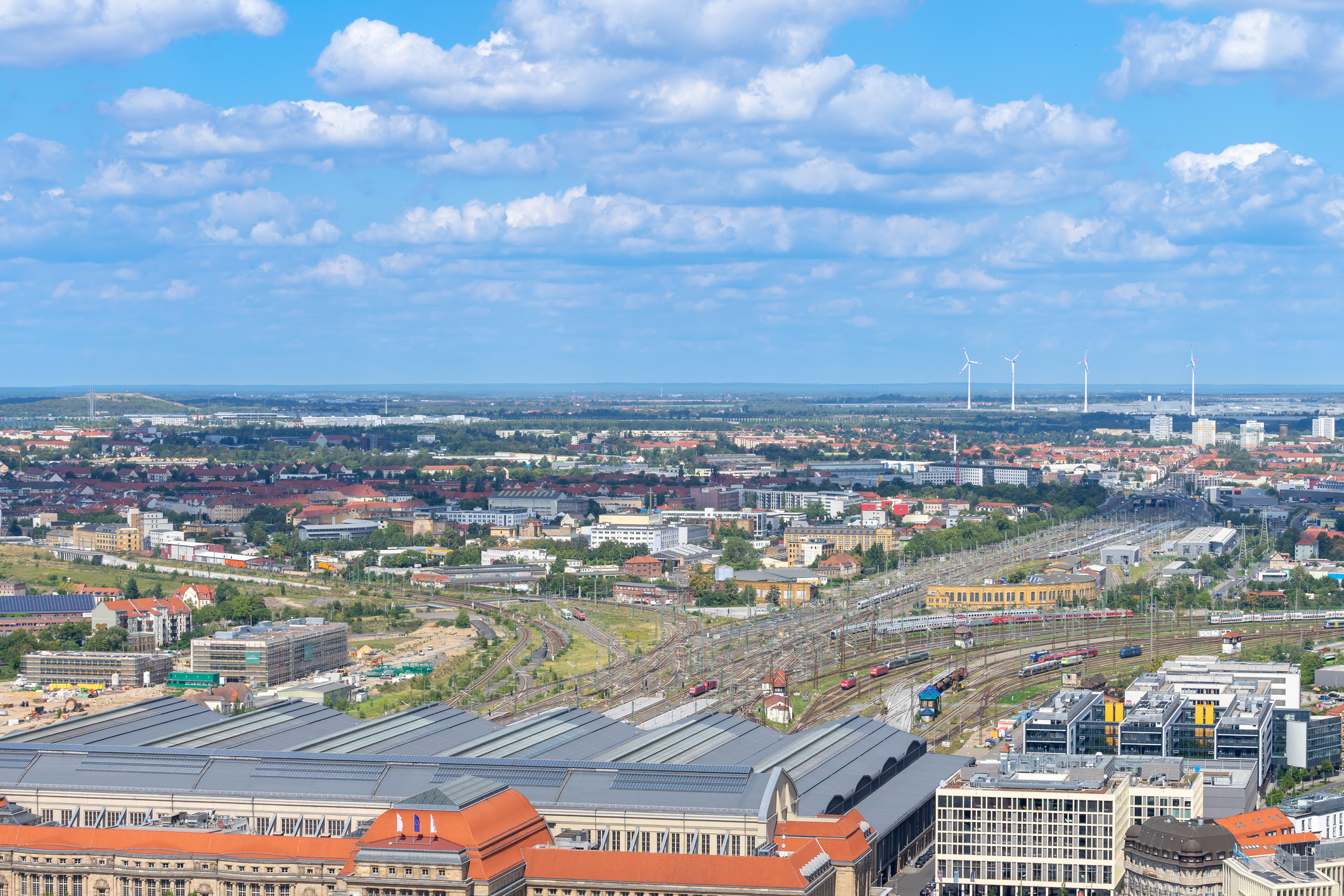Strengthening Municipal Structures for Climate-Neutral Development: Insights from Leipzig
The SPARCS project continues to make significant strides towards enhancing sustainable urban development, and our partners play a pivotal role in this journey. One such partner, the City of Leipzig, was represented by Nadja Riedel in a recent workshop organized by Neutralpath, focused on “Enhancing municipal working structures for climate-neutral development.” Her insights shed light on the innovative approaches Leipzig is taking to drive climate action from within the municipal administration.
Nadja’s message emphasised the importance of stakeholder engagement in the energy transition. She highlighted a key point: the transition to sustainable energy solutions often requires a fundamental shift within municipal structures, which can be complex and challenging. In particular, Nadja noted that the diversity of objectives within different departments could lead to internal conflicts. For instance, the traffic department may have different priorities compared to the department for blue and green spaces.
Promoting collaboration
Leipzig has been proactive in addressing this challenge. Their innovative solution is what Nadja calls a “satellite system” of climate protection managers strategically placed in various units. This approach promotes collaboration and streamlines efforts by bridging the gaps between departments. Such collaboration is essential to navigate the multifaceted nature of the energy transition and to create a harmonised approach within the municipal administration.
Discussions with various departments in Leipzig has revealed a pressing need for improved data collection and sharing when it comes to energy transition topics. To address this, the city is developing the Leipzig Energy Map. This tool aims to provide the different departments with a shared data repository, fostering a more unified and coordinated approach to sustainable energy solutions.
The Leipzig Energy Map is set to play a pivotal role in advancing the city’s ambitious climate goals. By consolidating data from various sources, validating its accuracy, and presenting it in the form of maps, this tool allows for the creation of “what-if” scenarios. These scenarios will empower decision-makers within the municipal administration to explore different sustainable energy options, such as district heating, geothermal energy, solar thermal energy, and solar electricity generation.

